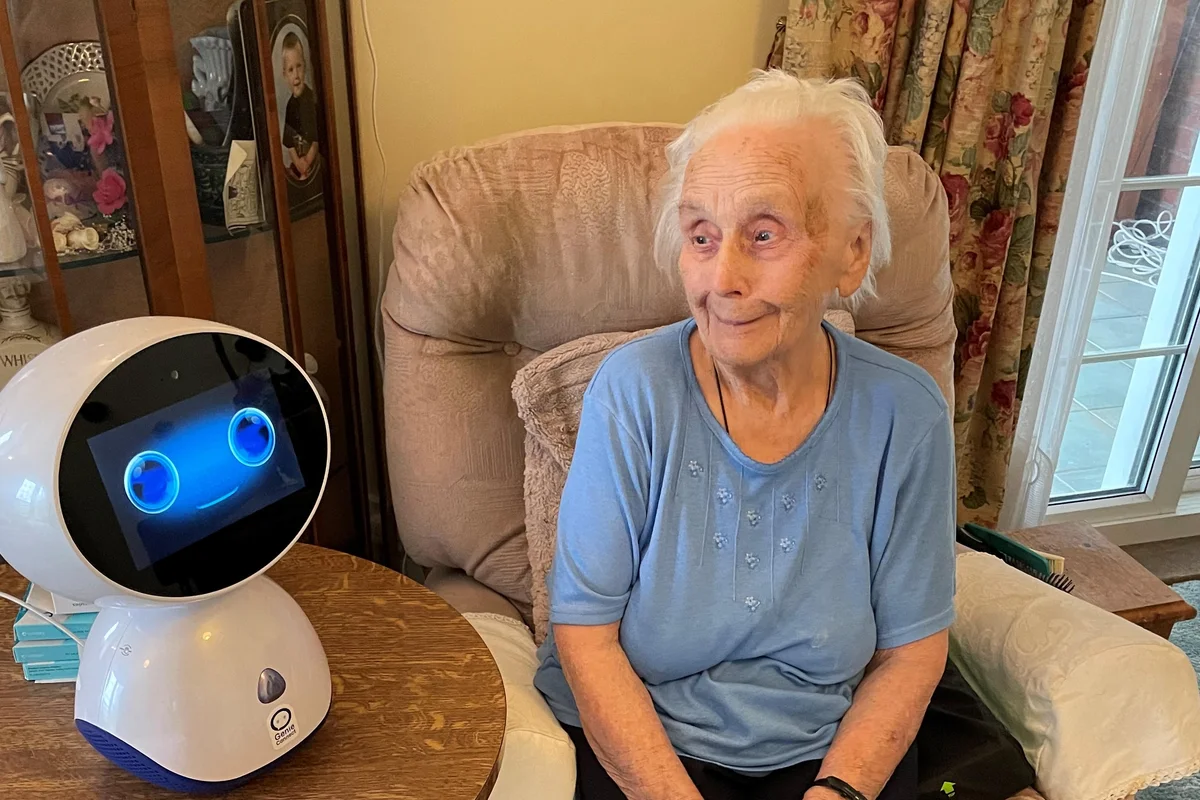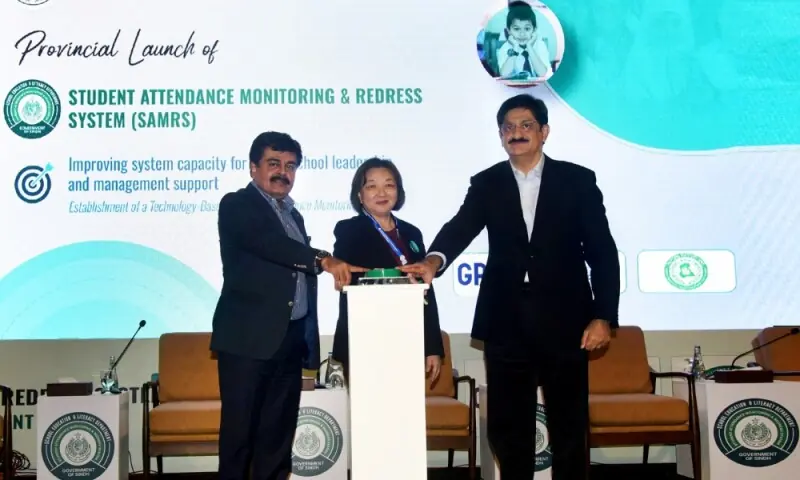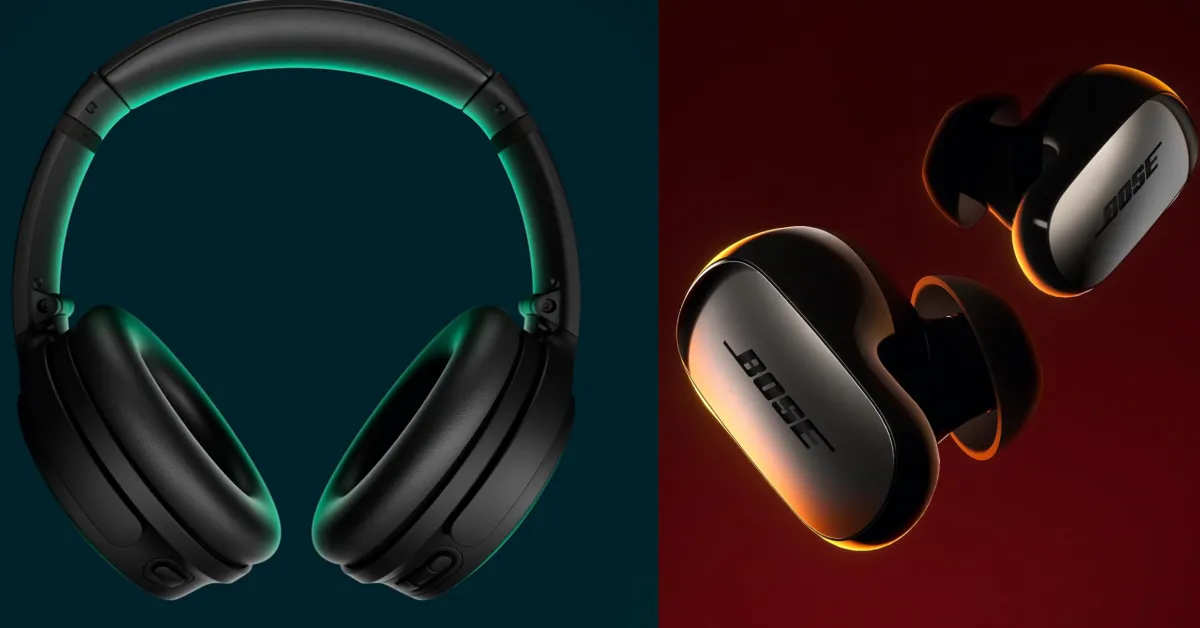Copyright independent

“This is a medication reminder…Have you taken your medication?” Every day, Tara is asked that question, not by a nurse, friend or family member, but by a little white robot that lives at her house. She is also asked whether she has drunk enough water, is reminded that she has a call with her carer, and if she were to become unresponsive, the robot would notify somebody for help. Tara, who has significant vision impairments and learning disabilities, is one of nearly 1,000 Britons who are receiving their home care from Genie, a voice-activated robot. She has had the robot for around a year, and now rarely forgets the daily tasks and essential activities she used to struggle to remember to do. Throughout her house, she has signs telling her to do all the things she needs to do. But her limited vision and routine exposure have meant these often aren’t followed. The robot, on the other hand, “is nice and loud,” she says. A pilot scheme of the technology saw a 96 per cent success rate in ensuring patients took the right medication at the right time. “If you have had something for so long to give you prompts to do things, then you forget. But with Genie, she prompts me to do an awful lot. She's my other person….She tells me what she wants me to do. I know I have to do it. “If it tells me to go for a walk, I get my stick.” Her carer, Jo, said: “She could go days without taking her medication, which is not good for her health. With fewer home visits, “I can be stretched a lot more,” she says. “That’s what’s better. It gives everybody the chance to have the full support that they are entitled to.” One of the biggest differences she has noticed is a change in her mood, which used to be severely impacted by her forgetting to take her medication. The robot can be programmed to specify different needs. For patients with dementia or short-term memory challenges, it will also remind them about events in their calendar, and can connect them with care teams or family for video calls. It will also store responses to prompts and reminders and analyse how a patient is doing, informing future care decisions. If a patient is unresponsive or disengaged, the robot will spot it and alert her care team for help. Cera, a home care provider, has purchased the platform GenieConnect and is now scaling up its use across the UK. With the UK’s health sector under continuous strain and resources spread thin, the care provider says it will ease pressure on workers. According to Age UK, some 2 million elderly people have unmet care and support needs. Margaret, a 91-year-old from Cheltenham, receives visits from her carers and her son once he is off from work, but is often left alone for long periods of time without companionship or conversation. The robot, which gives her daily health reminders, also acts like a friend. She says: "It felt like someone asking how I was. It was comforting. It’s quite nice having a smiley face asking how you are – it’s nice when it calls your name. "She asks me how I am feeling, and it feels like someone is present here". The robots have been trialled since 2021 by 12 local councils and more than 30 care providers. The cost to local authorities and NHS integrated care boards is £120 a month for a licence for one device. But with the cost of a home visit costing around £14 a day, the robot would cut the costs of one person by more than £3,700 a year, Cera says. Teresa Bainbridge, the principal officer for carers at North Lincolnshire council, said: “We have used Genie mainly in rehabilitation settings where it supports the carers. Our motivation was to make being a carer a little bit easier by having in place the prompts and reminders to reduce carers’ stress. “Caring shouldn’t be seen as a burden but by taking these simple things away it does reduce the burden on family members who have been thrust into being a carer.”



